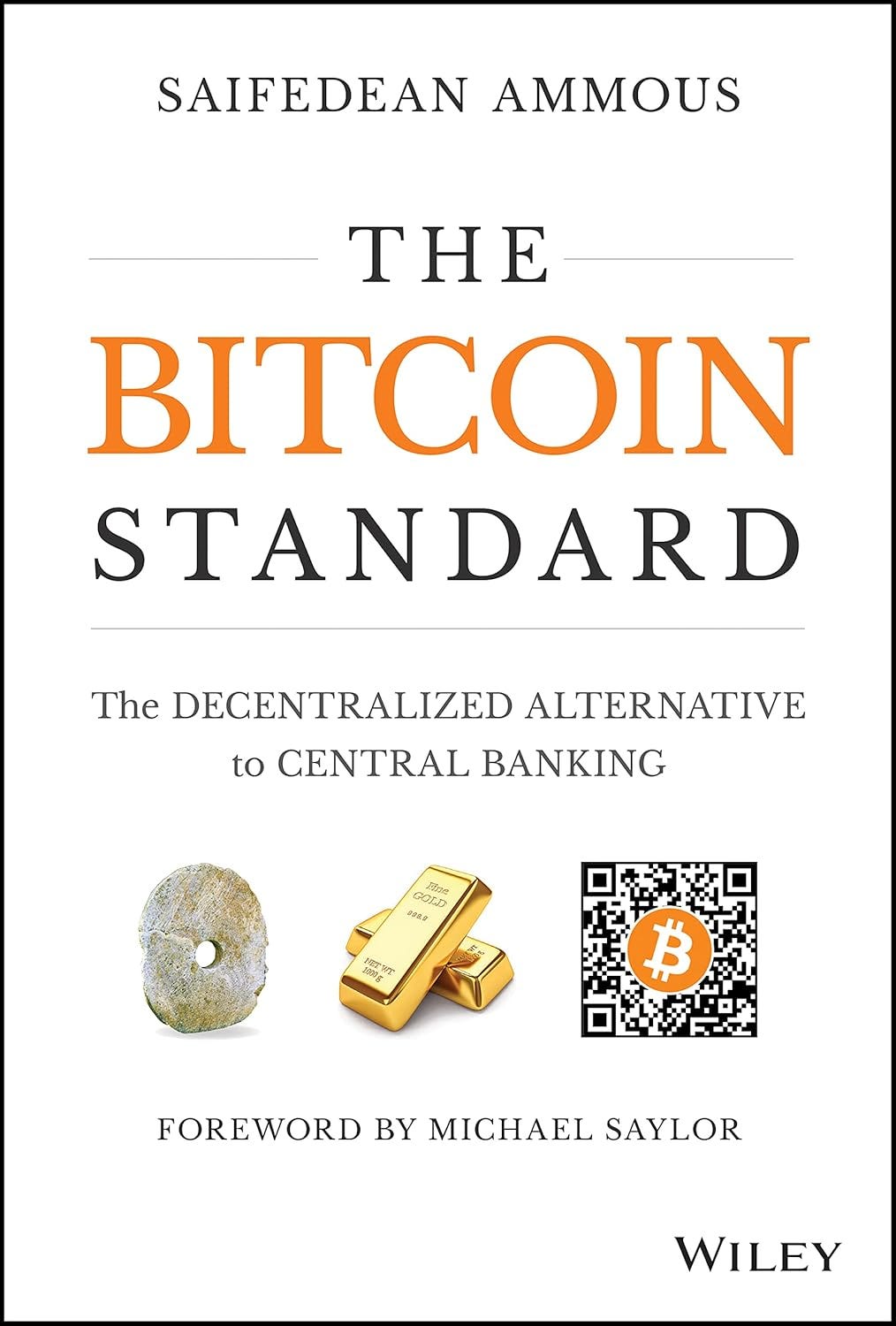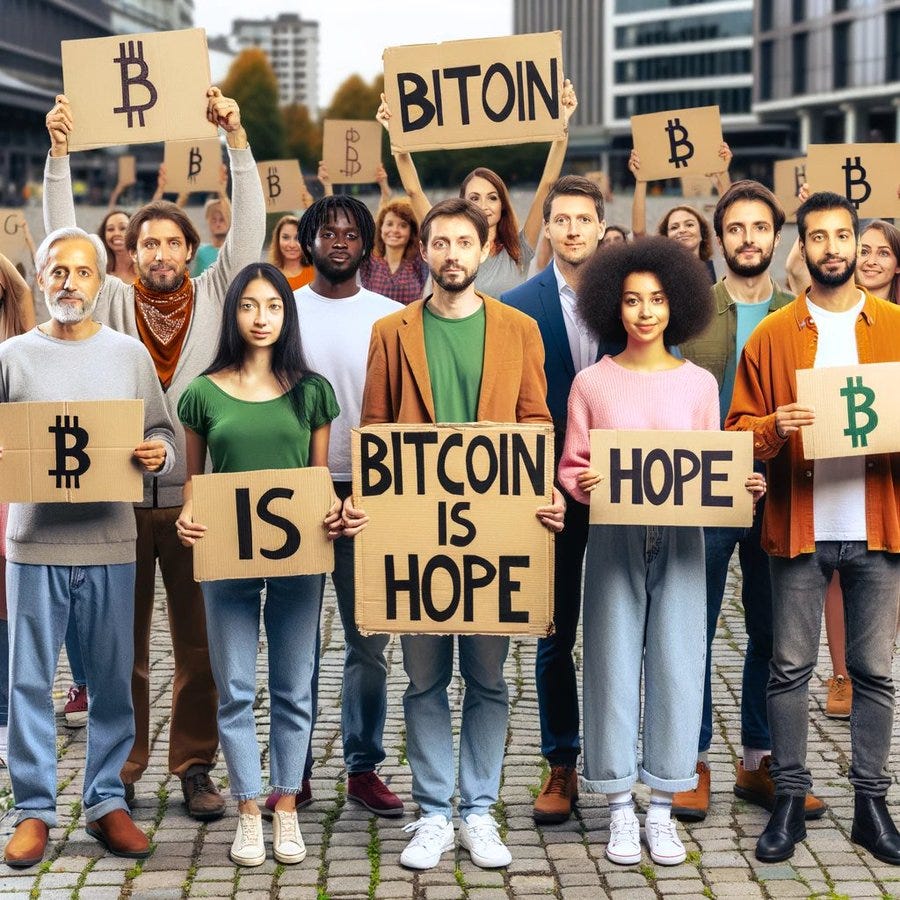Bitcoin, once a fringe idea championed by a small group of technophiles and libertarians, has gradually made its way into the mainstream consciousness. Since its inception, Bitcoin has transformed from a misunderstood digital experiment into a cultural phenomenon that permeates media, literature, and art. As its presence has grown, so too has its influence on public perception, sparking both fascination and controversy. This post explores how Bitcoin is portrayed in popular culture, how these portrayals shape public perception, and how the narrative surrounding Bitcoin continues to evolve.
Media: From Obscurity to Center Stage
Bitcoin's journey through the media has been tumultuous. In its early days, media coverage often painted Bitcoin as a tool for criminals, emphasizing its use in dark web markets and associating it with money laundering and tax evasion. Headlines from major news outlets frequently focused on scandals such as the Mt. Gox hack or the Silk Road bust, reinforcing the notion that Bitcoin was a risky and nefarious experiment. These stories undoubtedly influenced public perception, creating a narrative that Bitcoin was something to be feared and avoided.
However, as Bitcoin matured and more institutional players entered the space, the media narrative began to shift. Coverage expanded beyond criminal activity to include discussions on Bitcoin as an asset class, a hedge against inflation, and a technological innovation with the potential to disrupt the financial system. Mainstream financial news outlets like CNBC and Bloomberg began regularly featuring Bitcoin price analysis, and major publications such as The New York Times and The Wall Street Journal started exploring the broader implications of blockchain technology. Documentaries like "Banking on Bitcoin" and "Cryptopia: Bitcoin, Blockchains and the Future of the Internet" have also contributed to this shift. God Bless Bitcoin is another great documentary that was released recently:
The media conversation around Bitcoin has evolved to focus on its role as "digital gold" and its potential as a global reserve currency. High-profile endorsements from figures like Elon Musk and Jack Dorsey have further legitimized Bitcoin in the eyes of the public. Even Hollywood has taken note, with references to Bitcoin appearing in popular TV shows like Silicon Valley, Billions, and Mr. Robot, often highlighting the tension between the old financial order and this new digital disruptor.
Literature: From Niche to Mainstream Discourse
Bitcoin's literary journey mirrors its media trajectory, evolving from niche forums and technical papers to mainstream discourse. In the early days, Bitcoin literature was primarily confined to whitepapers, forums, and blogs where cryptographers, developers, and early adopters debated the technical and philosophical underpinnings of this new form of money. Satoshi Nakamoto's original whitepaper, "Bitcoin: A Peer-to-Peer Electronic Cash System," remains a foundational text that continues to inspire new waves of Bitcoiners.
As Bitcoin gained traction, a wave of books aimed at a broader audience emerged. Titles like The Bitcoin Standard by Saifedean Ammous and Digital Gold by Nathaniel Popper have become essential reading for those looking to understand the economic and historical significance of Bitcoin. These works have played a crucial role in shifting the conversation from Bitcoin as a speculative asset to Bitcoin as a revolutionary monetary system.
In addition to non-fiction, Bitcoin has also made its way into fiction. Authors have begun to explore Bitcoin's potential impact on society through speculative fiction and thrillers. In Attack of the 50 Foot Blockchain by David Gerard, Bitcoin is portrayed as both a disruptive force and a cautionary tale, reflecting the dichotomy in public perception. Similarly, Bitcoin Billionaires by Ben Mezrich tells the story of the Winklevoss twins and their journey into the world of cryptocurrency, blending elements of drama, innovation, and ambition.
Art: A New Frontier for Expression
Artistic portrayals of Bitcoin have also evolved over the years, reflecting its growing cultural significance. Early Bitcoin art often focused on the visual representation of the technology—coins with the iconic "B" symbol, blockchain-themed installations, and images of miners working in digital landscapes. These works emphasized Bitcoin's technical and economic aspects, often celebrating its potential to challenge traditional financial systems.
As Bitcoin has become more mainstream, artists have begun to explore its philosophical and societal implications. The rise of NFTs (non-fungible tokens) has brought Bitcoin and blockchain technology into the art world in a new way, allowing artists to tokenize their work and sell it on decentralized platforms. This has not only democratized access to art but has also created new opportunities for artists to engage with the Bitcoin community.
Notable artists like Cryptograffiti and Lucho Poletti have used their work to comment on the intersection of Bitcoin, politics, and society. Cryptograffiti's mixed-media pieces often incorporate physical currency, highlighting the contrast between the old world of fiat money and the new world of digital currency. Lucho Poletti's work, on the other hand, often features bold, propaganda-style imagery that promotes Bitcoin as a tool for individual sovereignty and freedom.
Bitcoin's influence on the art world is not limited to visual art. Music, too, has been impacted by the rise of cryptocurrency. Songs like "Bitcoin Baron" by YT Cracker and "Hodl Gang" by Chris Record have become anthems for the crypto community, blending humor with commentary on the trials and tribulations of investing in Bitcoin. These cultural artifacts help solidify Bitcoin's place in the collective consciousness, further embedding it in popular culture.
The Evolving Narrative: From Fringe to Foundation
As Bitcoin continues to permeate popular culture, the narrative surrounding it is shifting. What was once seen as a speculative bubble or a tool for criminals is increasingly being recognized as a legitimate financial innovation and a symbol of resistance against centralized power. This evolution is reflected in the changing tone of media coverage, the diversity of literature exploring Bitcoin, and the expanding scope of artistic representations.
In recent years, public perception of Bitcoin has been influenced by global events such as the COVID-19 pandemic, rising inflation, and geopolitical tensions. These factors have led to renewed interest in Bitcoin as a store of value and a hedge against economic uncertainty. As more people begin to see Bitcoin as a viable alternative to corrupt traditional financial systems, its cultural significance will only continue to grow. Bitcoin is Hope.
In conclusion, Bitcoin's portrayal in media, literature, and art has evolved significantly over the past decade, mirroring its transition from a niche technology to a global cultural phenomenon. As the conversation around Bitcoin continues to change, so too will its impact on public perception and culture. Whether viewed as a revolutionary force or a speculative gamble, Bitcoin's influence on popular culture is undeniable, and its story is far from over. As more people engage with Bitcoin in new and creative ways, it will continue to shape and be shaped by the cultural landscape.
Not financial or legal advice, for entertainment only, do your own homework. I hope you find this post useful as you chart your personal financial course and Build a Bitcoin Fortress in 2024.
Thanks for following my work. Always remember: freedom, health and positivity!
Please also check out my Bitcoin Fortress Podcast on all your favorite streaming platforms. I do a weekly Top Bitcoin News update every week on Sunday, focused on current items of interest to the Bitcoin community. Please check it out if you haven’t already. Also now on Fountain, where you can earn Bitcoin just for listening to your favorite podcasts.
Follow me on Nostr:
npub122fpu8lwu2eu2zfmrymcfed9tfgeray5quj78jm6zavj78phnqdsu3v4h5
If you’re looking for more great Bitcoin signal, check out friend of the show Pleb Underground here.
Lightning tips appreciated here.










I am doing my part by writing a novel about Satoshi. I started out with trying to show how Satoshi went about inventing Bitcoin. How he assembled the puzzle pieces. 🧩
But then I realized that “Why” is more important than “How”. So it ended up becoming a full fledged novel.
good article👏🏻